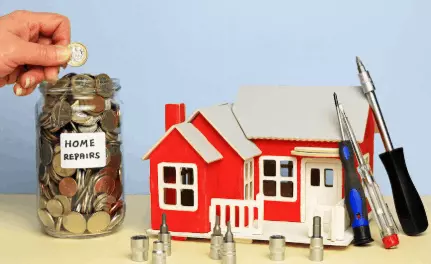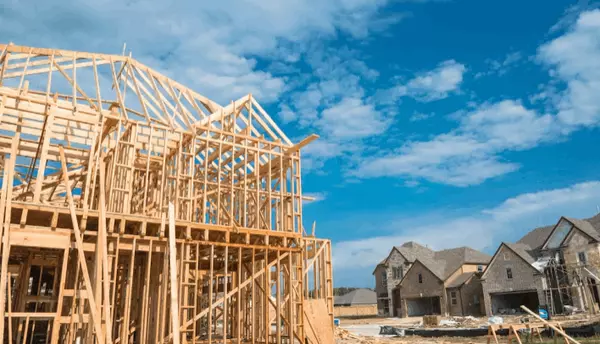
Why Sellers Should Get a Pre-Listing Home Inspection | Maximize Value & Avoid Surprises
Why Sellers Should Strongly Consider a Pre-Listing Home Inspection Most sellers spend hours picking the perfect paint color or staging their entryway — but miss one of the most powerful tools to protect th

5 Home Repairs You Should Skip Before Selling
5 Home Repairs You Should Skip Before Selling When preparing to sell your home, it’s tempting to think that pouring money into upgrades will guarantee a higher price. But not all renovations give you a strong return on investment. Some updates can drain your wallet without significantly increasi

Sell a Fixer-Upper Fast: How to Sell a House That Needs Repairs Without Renovating
Sell a Fixer-Upper Fast: How to Sell a House That Needs Repairs Without Renovating Not every home on the market is picture-perfect—and that’s okay. If your home needs repairs, cosmetic updates, or feels a bit dated, you might be wondering: Can I sell it without sinking money into a total renovat
Categories
- All Blogs (80)
- Agent (3)
- Appraisal (1)
- Buyers (23)
- Educational (4)
- Escrow (1)
- FHA (3)
- Financing (4)
- First time homebuyer (6)
- Home Buying Criteria (3)
- Homeowners (6)
- Loans (2)
- Market Conditions (19)
- Miscellaneous (4)
- Multiple Offers (2)
- NAR (1)
- Negotiation (2)
- Offers (2)
- School Districts (1)
- Sellers (28)
- Selling (32)
- Staging (3)
- Tips (11)
- Title (1)
- Utilities (4)
- Videos (1)
Recent Posts











